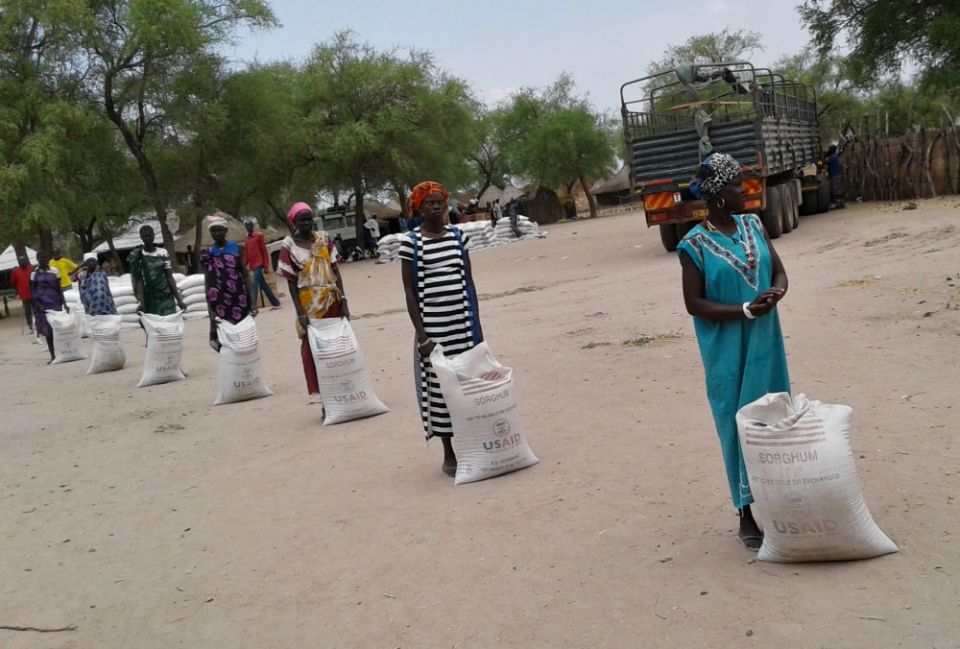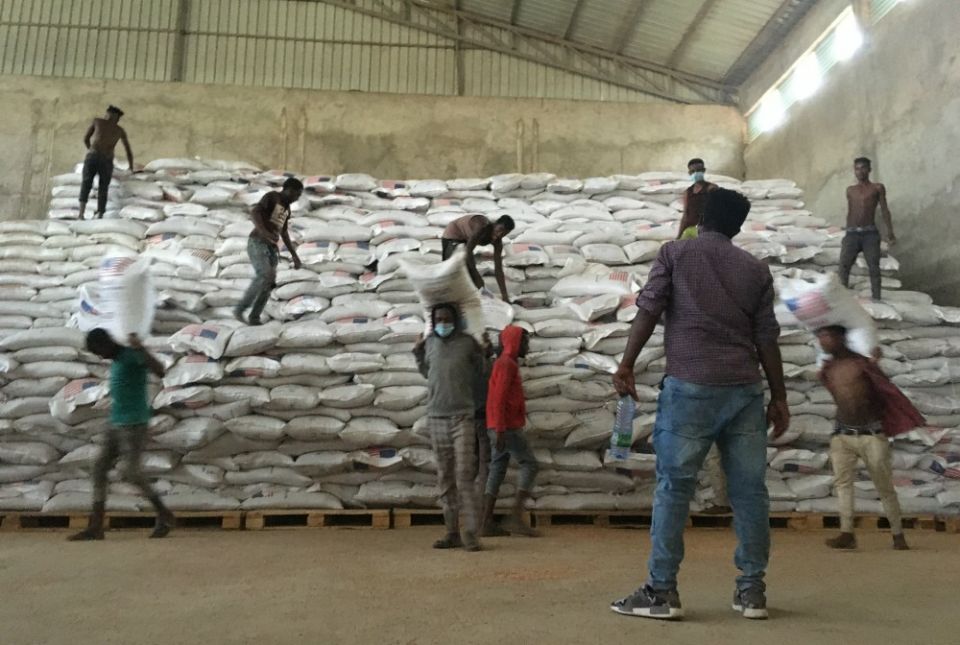United Nations leaders, humanitarian experts and sister advocates at the U.N. are alarmed by the COVID-19 pandemic’s potential to devastate vulnerable communities, particularly refugees, migrants, and women and girls already challenged by economic hardship and social disparities.
“The impact is going to be devastating,” said Jennifer Poidatz, vice president of humanitarian response for Baltimore-based Catholic Relief Services.
 Poidatz said, “This is not a three-month thing or a six-month thing. This is a new normal.”
Poidatz said, “This is not a three-month thing or a six-month thing. This is a new normal.”
She noted that what is particularly alarming about the current crisis is its global reach. “We’re used to having multiple crises at the same time, but not in every country we’re operating in,” she said.
And what makes the situation especially challenging, Poidatz said, “is that the environments we work in are experiencing protracted humanitarian crises in which 61 million people — migrants, refugees — are on the move. And even in those areas where we are working in ‘stable environments,’ the health infrastructure is weak.”
For example, for 600,000 refugees in a confined area, such as the Rohingya refugees in Bangladesh, self-quarantine and social distancing are not options.
“When you have a situation where your house is a temporary structure with one room, how do you do [social distancing]?”
Multiply that by the hundreds of thousands, and then in dozens of places throughout the world, and “it’s pretty awful stuff,” Poidatz said.
The gender imbalance is also deeply worrisome, U.N. Secretary-General António Guterres said in an April 9 statement. While early data show “the mortality rates from COVID-19 may be higher for men,” he said, “the pandemic is having devastating social and economic consequences for women and girls.”
He noted that nearly 60% of women globally “work in the informal economy, earning less, saving less, and at greater risk of falling into poverty.”
Women do as much as 80% of the farming work in the world, and disruption in the food supply chain will have a serious effect on women’s income, said Sr. Celine Paramundayil, the representative for the Medical Mission Sisters’ non-governmental organization at the United Nations.
And that is not the only issue of concern. With more men now staying at home, Guterres had earlier sounded an alarm about the increased risk for domestic violence, a worry that is all too real, Paramundayil said.
 “There’s more pressure on women in so many ways, as women are so often the ones meeting the needs in families and communities,” Paramundayil said in an interview with Global Sisters Report.
“There’s more pressure on women in so many ways, as women are so often the ones meeting the needs in families and communities,” Paramundayil said in an interview with Global Sisters Report.
Participants in an April 8 webinar sponsored by the Georgetown Institute for Women, Peace and Security expressed similar concerns.
Sister of Charity Teresa Kotturan said at the U.N. that global efforts to reverse poverty and other social ills will now be put on hold, with alarming effects. “Hunger is going to increase, poverty is going to increase, it’s a vicious cycle.”
Another sister frustrated by the current situation is Mercy Sr. Deborah Watson. “Whenever there’s a crisis, it’s about the most vulnerable, whether it’s about age, or health, or economic status or gender,” she said. “Those are the most vulnerable.” To read the entire article click here.
